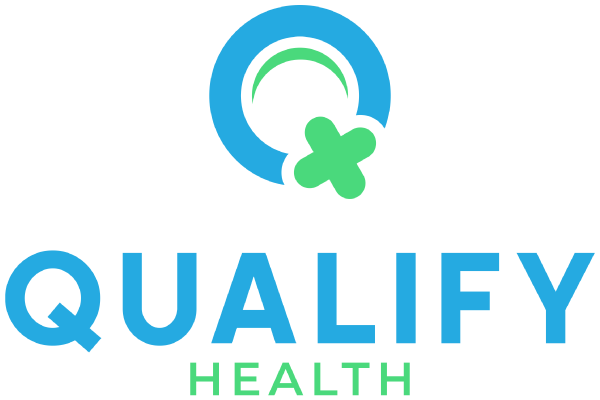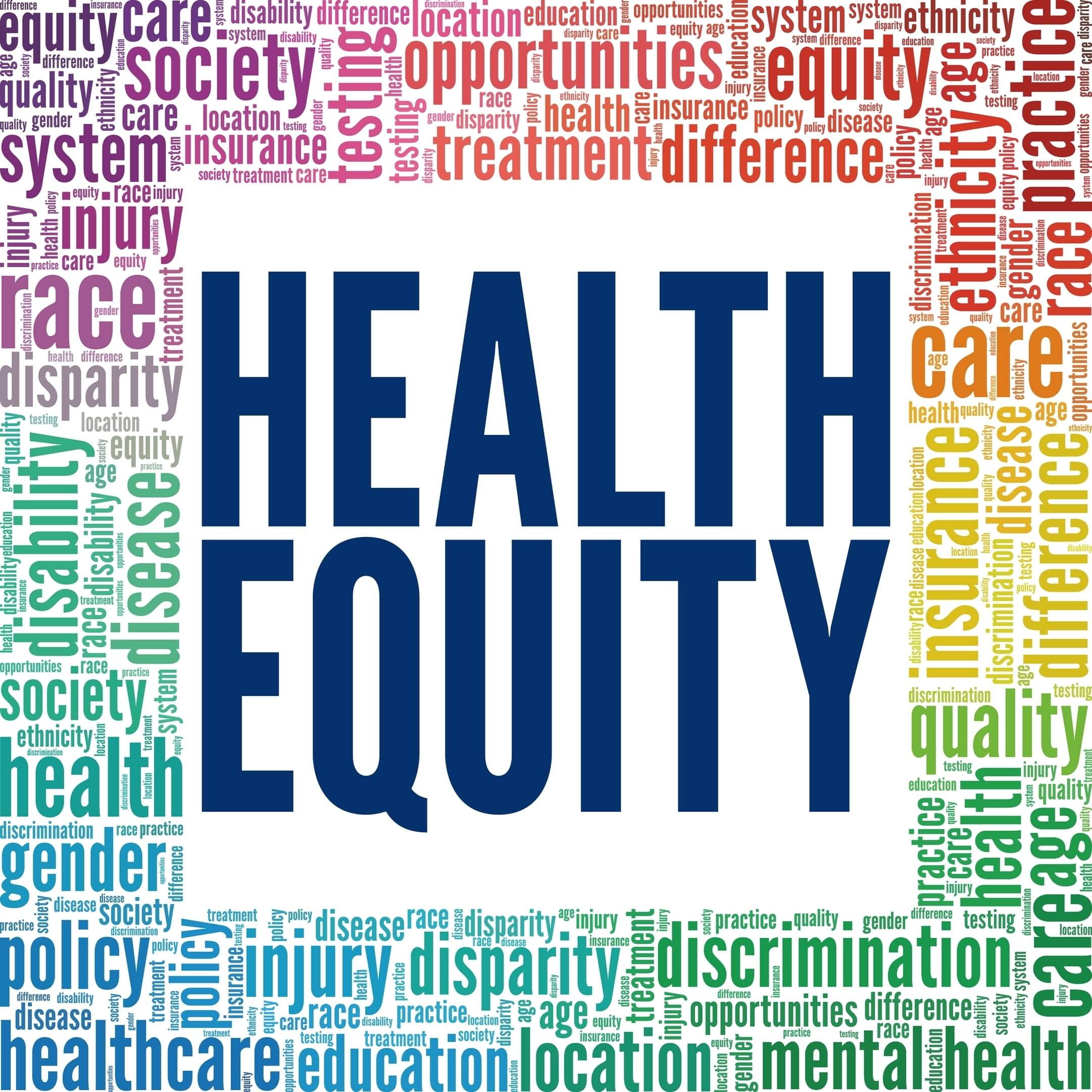How to wrap your head around health disparities, health equity, and social determinants of health!
The latest report from the nonprofit Commonwealth Fund confirms what we already knew: that the United States is leading the world in people who suffer from multiple chronic conditions and obesity. This distinction means American citizens have almost double the obesity rates compared to the average of the other 36 countries in the Organisation for Economic Co-operation and Development (OECD). The gravity of this alarming news should not be overlooked. Instead, it should inspire us to take immediate action to address the current state of our nation’s health. But you may wonder, “What can we do to drive change?”
The Healthy People 2030 Initiative
In 1979, the HHS and Office of Disease Prevention started a mission to make us all healthier with the “Healthy People” initiative. For over 40 years, they have created strategic plans to make this a reality. In this latest iteration, they’ve focused on five areas to develop a framework for healthier living. You might’ve heard these buzzwords thrown around by healthcare executives, the government, and the media, but do you really know what they mean? So, let’s dive in and get a clear understanding.
The Framework:
- Health Disparities
- Health Equity
- Health Literacy
- Well-being
- Social Determinants of Health
- Health Disparities
Health disparities are not only mere differences in health among individuals but also health gaps linked with social, economic, and environmental factors. They can relate to gender, age, mental or physical disability, sexual orientation, gender identity, geographic location, or other characteristics associated with discrimination or exclusion. The goal is to reduce disparities between different demographics (using the ideas discussed below), improving our nation’s overall health.
- Health Equity
Health equity is achieved when all patients have access to resources needed for optimal health. A person’s race, ethnicity, gender identity, or any other demographic factor should not influence a person’s health. This includes access to quality healthcare services and social support systems such as education and employment opportunities. By addressing access to quality healthcare, employment opportunities, and education at a systemic level, better overall health outcomes for all are attainable.
Learn How Qualify Health Can Help
- Health Literacy
Health literacy is more than just understanding medical jargon- it’s about comprehending and applying that information to make informed decisions for our well-being. To achieve this, health organizations must offer resources that are user-friendly, easily accessible, and doable. By doing so, people can make empowered choices related to prevention, diagnosis, treatment, and ongoing care, leading to a healthier population overall. In addition, prioritizing health literacy puts the power of information in everyone’s hands.
- Well-being
Well-being is about the perception of one’s overall life satisfaction. It can be different for everyone, but the goal is to lead healthy and fulfilled lives across the lifespan. Achieving overall mental and physical health, having a purpose in life, feeling secure, bouncing back from stressors when needed, and garnering access to vital healthcare resources all play a role in well-being. It combines subjective elements, such as satisfaction with life, and tangible components, like income or education. Focusing on well-being across all demographics helps build healthier communities and improves the quality of living for everyone.
- Social Determinants of Health
The conditions in which we live affect our health and well-being in more ways than we might realize. These are known as social determinants of health (SDOH), encompassing many factors that can impact our lives. For example, having safe housing and transportation, living in a clean environment, and having access to healthy food and exercise opportunities can all positively affect our health. Conversely, experiencing discrimination and violence or living in polluted areas can negatively affect our well-being. In addition, education, job opportunities, and income are essential factors in determining our overall quality of life. By understanding and addressing these social determinants, we can work to create healthier and more equitable communities for all.
Summary
We cannot ignore the nation’s health status, and there are steps we can take to move forward. Educating ourselves about Health Disparities, Health Equity, and Social Determinants of Health will help us understand what improvements need to be made in our communities today. There are various initiatives underway to address these issues.
Qualify Health is an organization that prides itself in promoting health equity and impacting health disparities. By partnering with hospital systems, cancer treatment centers, specialty pharmacies, and physician offices, Qualify Health provides innovative patient financial advocacy solutions to minimize the financial burden on patients with chronic and life-changing illnesses. Patient Financial Advocacy solutions, like those provided through Qualify Health, are essential to improving all people’s overall health and well-being, regardless of socioeconomic status.
By implementing changes, we can create healthier communities and improve the quality of life for everyone.
For more information about Patient Financial Advocacy Solutions, contact Qualify Health at (888)770-7191.


